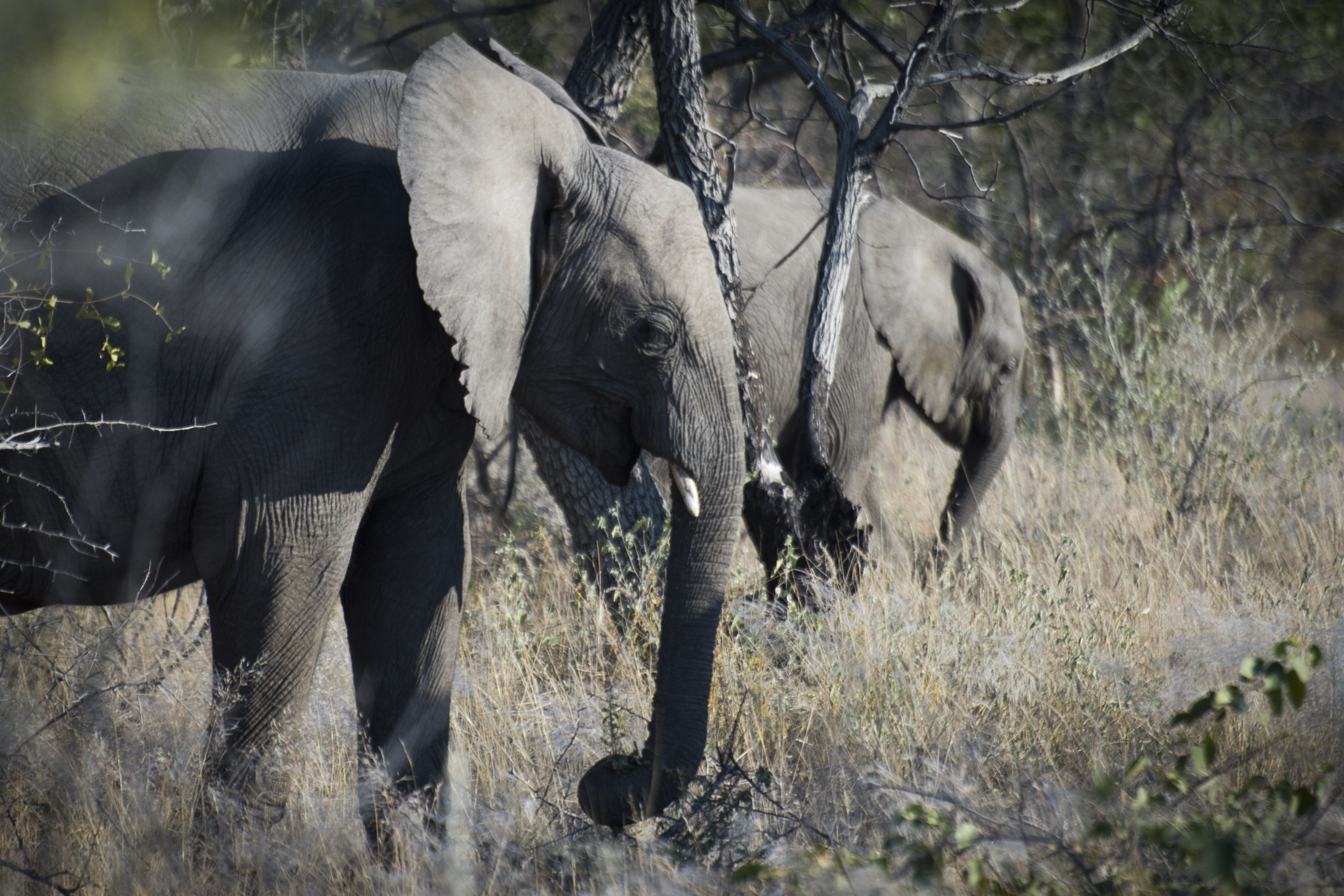A contentious wildlife cull has kicked off in Namibia, initiated by the government to tackle the worst drought in decades and escalating human-wildlife conflicts. This cull has already claimed the lives of over 150 animals, with plans to eliminate more than 700 additional creatures, including elephants, zebras, and hippos.
Declared last week by the Ministry of Environment, Forestry, and Tourism, the cull is intended to alleviate grazing pressures, enhance water availability, and supply game meat to locals as part of a broader drought relief strategy.
This initiative has sparked strong backlash from animal rights activists. PETA (People for the Ethical Treatment of Animals) has condemned the cull as shortsighted and cruel. In an open letter to Namibia’s Prime Minister, Jason Baker, PETA’s senior VP, cautioned against the potential havoc the cull could wreak on wildlife populations.
“Even the loss of a few elephants can disrupt entire herds, leading to increased mortality rates among the surviving animals and escalating human-wildlife confrontations,” Baker noted.

PETA believes that Namibia is misplacing the blame on wildlife for broader issues that require long-term solutions. The organization raised alarm over the potential for zoonotic diseases stemming from the cull.
Baker pointed out, “The history of zoonotic diseases like COVID-19, SARS, and Ebola highlights the dangers of using wild animals as a food source.”
Concerns also linger over possible disruptions to fragile ecosystems, with Baker asserting, “Every species plays a crucial role in maintaining the balance of our environments.”
The drought crisis in Namibia is dire. On May 22, 2024, the Namibian president declared a state of emergency due to the worst drought in a century.
Food reserves have reached a critical low, with almost half the population experiencing hunger. The U.N. and the U.S. government are collaborating with various organizations to provide relief, particularly aimed at malnourished children.
Yet, PETA questions the cull’s efficacy in resolving these pressing issues. “The meat from a few hundred animals won’t sufficiently address the crisis, and the water sources needed for humans and livestock differ significantly from those for wildlife in national parks,” Baker said.
PETA also hinted at potential “ulterior motives” behind the cull, suggesting that trophy hunters may be allowed to kill animals in exchange for fees. “Profit may drive these cruel plans,” they alleged on their website.
The Namibian government has not yet addressed these claims. However, in its recent statement, the Ministry of Environment defended the cull, stating, “This exercise is essential and aligns with our constitutional obligation to utilize our natural resources for the benefit of Namibian citizens.”
